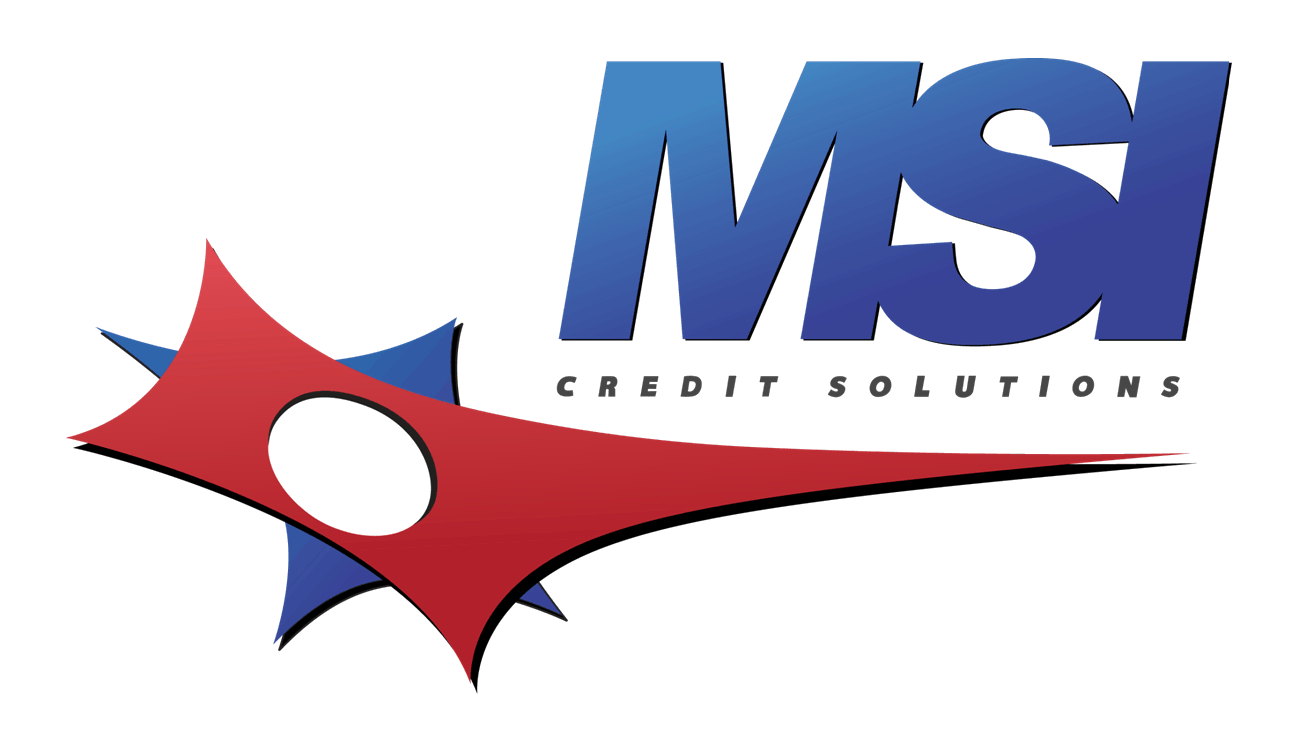
Purchasing a house is the single largest purchase and investment you will make in your lifetime. It is for this reason that applying for a mortgage is more tedious than applying for a credit card or a small personal loan. When you are ready to apply for your mortgage, make sure that you are aware of all the factors that can affect your ability to qualify for a mortgage approval. Here are the five most important factors that are considered for your mortgage approval.
- Credit Report
Before applying for a mortgage it is best to find out where your credit currently stands at. Even if you have checked your credit months before, it is best to obtain a current report from all the credit bureaus Experian, Equifax and TransUnion as a lot can change in a matter of a month. These changes can come from a fluctuation of credit usage, or even credit reporting errors that you may have no fault in.
- If you find any inaccurate or unverifiable information reporting with any of the three credit bureaus know that you have rights.
- You may dispute the items in question, or hire a professional company such as MSI Credit Solutions.
- Any items in question that are removed through this process result in an increase to your credit score.
Other factors that reflect within your credit report that can affect your mortgage approval:
- Credit Cards
As we covered in the credit reports section, there are factors that can fluctuate and affect your credit. Credit cards are usually one of the most common factors that cause major changes within a consumers report.
- Avoid applying for new credit cards, unless you have no credit cards, then it would be recommended you apply for at least one. When you apply for any line of credit your report takes a hit from new inquiries being added. You want to minimize any factors that could potentially bring your credit score down.
- Avoid high balance to limit ratios. High balances might be seen as possible irresponsible spending habits that could consequently affect your approval. The higher your balance is, the higher your risk factor is with the lender. It is best to keep your credit card balances as close to a zero balance as possible.
- Do not close out accounts. Your length of credit history is one of the factors considered within a credit score calculation. The last thing you want to do is close out an old account with great established payment history. Closing out accounts could consequently result with a decrease in your credit score.
- Debts
You want to minimize the amount of debt that you owe. Your debt can affect the amount you could potentially qualify for, or not allow you to qualify at all depending on your debt to income ratio.
- Avoid making any credit purchases before applying for your mortgage loan. Examples of this include, but are not limited to: personal loans, rent to own lines of credit, auto loans and more.
- Are you trying to minimize your debts to improve your credit? Pay off revolving (credit cards) first, before installments (loans). Revolving accounts weigh much heavier in your credit score calculation, and by lowering these balances, it can allow for a better score increase. Additionally, paying credit cards off as close to zero as possible can also help with your debt to income ratio.
Factors that do not affect within your credit score, but can affect your mortgage approval:
- Employment History
Thinking of leaving your current employer? Consider holding tight until you secure your mortgage and home. Your employment plays a major factor in the loan approval process. Lenders want to see that you have a steady and reliable employment history. This essentially assures them that you will have steady income coming in to make payments towards your mortgage loan. Recent changes in jobs or being recently fired or laid off from a job are seen as a red flag. Changes in your employment status are a higher risk factor for a possible default on the mortgage loan. To verify your employment status your lender may require the following documents to be provided:
- Month’s worth of pay stubs (or more)
- W-2 forms from the past two to three years
- Tax return documents from the past two to three years
- Bank statements
- Capital
Capital is your wealth in the form of money or other financial assets owned by you. When applying for a mortgage you will need to make sure that you have sufficient capital available in a valid bank account. There are various costs involved with the purchase of a home from your down payment to closing costs. Not having sufficient capital or not being able to verify the capital may prevent you from being approved for a mortgage.
- Avoid depositing any large sums of cash that cannot be verified
- Keep track of your bank statements and any other financial documents to help verify your capital
Ensuring that the above five factors are taken care of will make the process of applying for your mortgage loan a much easier one. Check out our other checklists, Qualifying For Your Home Purchase and Purchasing The Right Home, for more information on the home buying process.

MSI Credit Solutions provides superior credit restoration and comprehensive consulting services that are reliable and affordable. Call today for your free credit repair consultation! Contact us at (866) 217-9841.
*The information in this article has been provided strictly for educational purposes.




